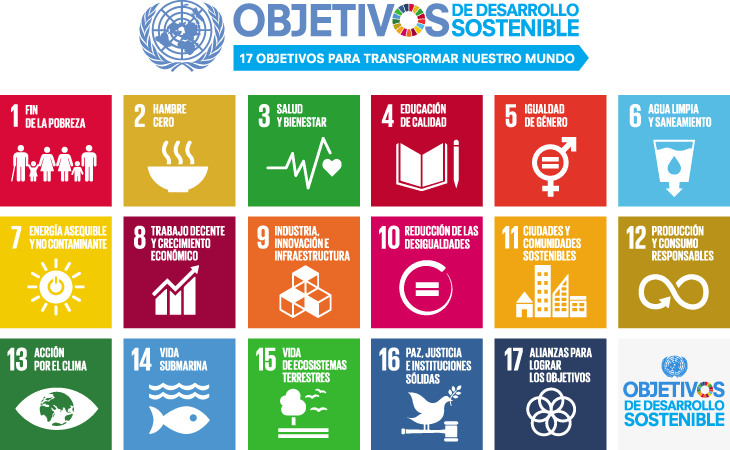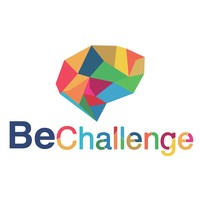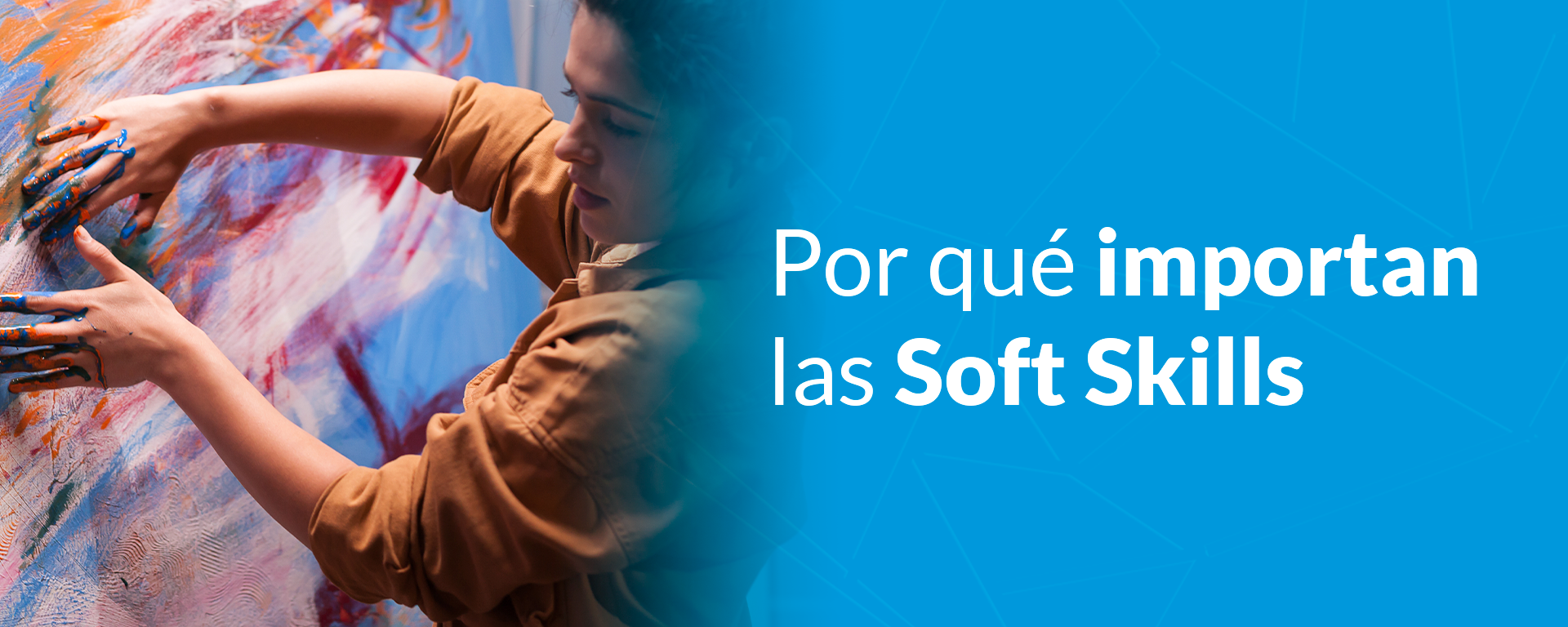In these times like the one with the COVID 19 pandemic, we see and appreciate more than ever what people can do to cope with unforeseen and extreme situations.
The pandemic has changed consumer behavior and millions of companies have had to adapt to this new situation, some have managed to hold their own, others have even managed to find an opportunity in this situation, but unfortunately there are many that have not been able to hold on.
Historically, education has focused on the transmission of knowledge with a strict and extensive curriculum, these skills are important, they allow people to acquire the necessary knowledge to perform specific tasks. This system is a system that on paper is useful because when the person arrives at the company, he/she has the necessary knowledge to perform the task associated with that specific skill. But is this true? Are these technical knowledge and skills necessary to perform a job in 2020 and beyond?
Nothing could be further from the truth, when people come to companies, their specific skills will be a base, which of course will facilitate their understanding and performance of their tasks, but there will always be a need for those that in a UTRU (Unprecedent Transformations and Radical Uncertainties) world allow us to adapt to the social, business and emotional changes that we live and will live with greater speed and intensity in the next two decades.
How can we improve Soft Skills?
In order for people to be able to face the problems of the present and the future, we need to transform education towards the development of Soft Skills Many companies are against calling them that, precisely because the connotation of "soft" makes them lose strength, when they really make the difference when people are most needed.
To give an example, if all people go to the same university, study the same books, and take the same exams, we could assume that these people will be little robots with virtually identical knowledge and trained to do the same tasks. But this is not so, what will make the difference between these people is their analytical skills, their critical thinking, their ability to work in a team, their communication skills, their creativity and resilience... o bien, como nos gusta llamarle nosotros en BeChallenge, sus – lifeskills – « . But what we can see is that in a world where access to knowledge is increasingly easier, what schools should prioritize is the development of skills that allow the management of these in the best possible way, i.e., soft skills.
Here is a quick exercise:
EXERCICE
What is your university doing to develop Soft Skills?
Is it working?
What are you doing to develop your students' cross-cutting skills?
And for developing yours?
What can BeChallenge do to help you develop Soft Skills in college?
We know very well the importance of developing soft skills, but we also know that it is as easy to say it, as it is difficult to put it into practice, not only because of the complications in themselves, since it is not a knowledge that you can evaluate through an exam, they are skills whose evidences are difficult to calibrate and evaluate. But also because of the great pressures to adapt to an immovable curriculum that does not take into account the importance of these soft skills. Eso sí, recuerden que el currículum nos dice qué deben aprender pero no «Como» por tanto, es necesario que reinventemos el cómo aprenden de manera urgente y nos replanteemos a su misma vez el Qué y el Para qué lo aprenden.
The curriculum can never be the end of education, otherwise, we will be exposing our students to an abyss, to an uncertain reality where they will go loaded with knowledge and naked of life skills, in short, to live and develop their vital and professional project in an uncertain world of dizzying evolution.
That is why in BeChallenge we offer a tool in which to conduct learning scenarios based on challenges, that is, experiential learning in a collaborative way, so that students leave aside the acquisition of knowledge for the completion of an exam, and live a learning process to achieve a goal together with their peers, this will not only be a meaningful learning, but in the process they will develop the skills that will allow them to face challenges throughout their lives, and that will differentiate them from the machines, the soft skills.
The best way to develop these skills is by providing students with real experiences that produce an impact and that they can empathize with, so that they find them interesting and see them as an opportunity to connect previous knowledge with new knowledge in order to find solutions to this challenge, which is why at BeChallenge we are aligned with the Sustainable Development Goals of the United Nations. We offer in our library approximately 40 challenges aligned with the SDGs. Así mismo podrás reutilizar retos de otras/os docentes e instituciones de alrededor del mundo, o bien crear tus propios retos desde «0», conectando, si es de tu interés, el reto con alguno/s de los 17 SDGS.

If you are interested in incorporating experiential learning at your university, contact us and we will help you incorporate it into your curriculum, as we have done with institutions around the world.
Do not hesitate to contact us: hello@bechallenge.io
IIf you have found this article interesting, you can follow us on our social networks and suscribe to our NEWSLETTER

[DISPLAY_ULTIMATE_PLUS]
References
- AMA GLOBAL – Soft Skills, las Habilidades Blandas o como se las llame [en línea] [fecha de consulta: 5/12/2020 ]. Disponible en: https://www.amamex.org.mx/blog/soft-skills.html#:~:text=Para%20AMA%20GLOBAL%2C%20las%20habilidades,cultura%20corporativa%20y%20a%20las%20personas
- Patti P. Phillips, PhD – Board Chair, i4cp People Analytics Board from People Analytics Board – The value of Soft Skills – [en línea] [fecha de consulta: 5/12/2020] Disponible en: https://www.i4cp.com/productivity-blog/the-value-of-soft-skills?search_id=305503
¿Quieres transformar el aprendizaje en tu institución?
Solicita una demo gratuita y descubre cómo BeChallenge te acompaña en el proceso.
Solicita una demo gratuita

¡Me encanta este artículo!
Numerosos estudios muestran que este tipo de habilidades informales son fundamentales para contribuir al exito empresarial, y es precisamente por eso que los empleadores los buscan con tanto anhelo entre los postulantes. Robles explica que “la investigacion empirica del siglo XXI muestra que los potenciales empleadores quieren contratar postulantes con importantes habilidades interpersonales, pero que los nuevos graduados se estan quedando cortos respecto de las expectativas de los empleadores. Los empleadores enfatizan que los educadores deberian estar ensenandoles a sus estudiantes como cooperar con otros en el lugar de trabajo y como adquirir exitosamente habilidades de trato con los clientes. De hecho, los soft skills son tan importantes que estan rankeados como numero uno, y extremadamente importantes para potenciales contrataciones laborales, en muchas ocupaciones e industrias”.